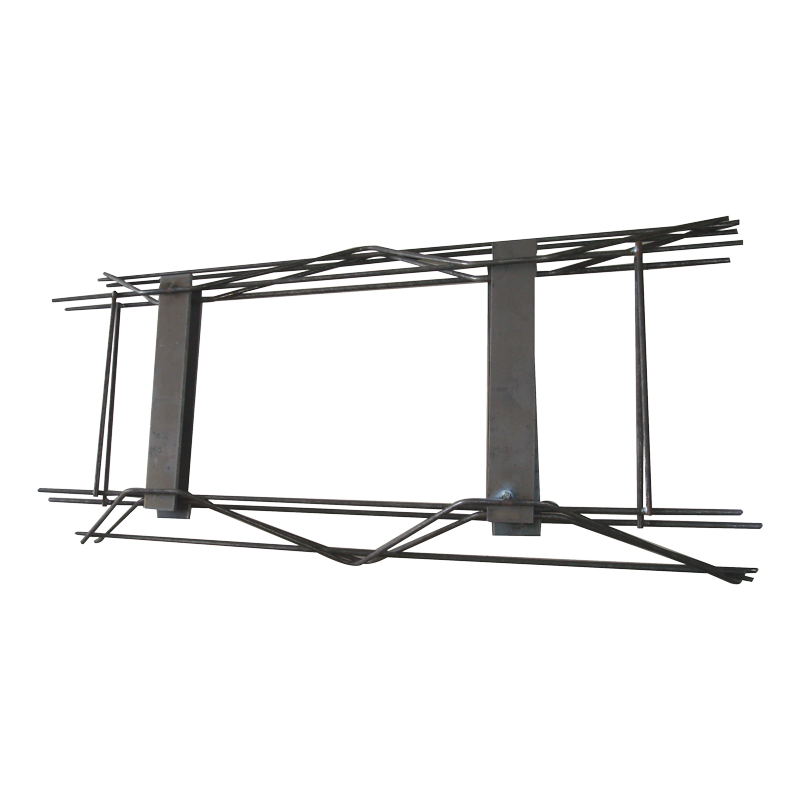
- Mobile Phone
- +8613931874955
- sales@cntcmetal.com
wall ties for sale
Exploring the Market for Wall Ties A Comprehensive Guide
In the world of construction, wall ties are an essential component for ensuring the structural integrity of masonry walls. These discreet but critical elements are pivotal in maintaining the stability and strength of walls, particularly in buildings that incorporate cavity walls. With the increasing demand for resilient and durable structures, the market for wall ties is witnessing significant growth. This article delves into the various aspects of wall ties for sale, including types, materials, and considerations for purchase.
Wall ties are primarily used in cavity wall construction, which consists of two layers of masonry with a hollow space in between. The primary function of wall ties is to connect the two layers, thereby providing stability and preventing any lateral movement. There are various types of wall ties available in the market today, including stainless steel ties, galvanized ties, and polymer ties. Each type has its specific applications and benefits, making it essential for builders and contractors to choose the right one for their project.
Stainless steel ties are preferred for their corrosion resistance and durability, making them ideal for environments exposed to moisture or harsh weather conditions. Galvanized ties, on the other hand, are coated with a layer of zinc to protect against rust but may have a shorter lifespan in damp conditions compared to stainless steel. Polymer ties are lightweight and resistant to corrosion, making them suitable for certain applications where metal ties would be overkill.
wall ties for sale

When considering wall ties for sale, it is essential to evaluate the specifications and compliance with building codes. Many jurisdictions require wall ties to meet specific standards to ensure safety and performance. Buyers should look for ties that adhere to the relevant guidelines, such as those set by the American Society for Testing and Materials (ASTM) or the British Standards Institution (BSI).
Price is another crucial factor to consider when purchasing wall ties. The costs can vary significantly based on the material, type, and manufacturer. While it may be tempting to opt for the cheapest option, investing in high-quality wall ties can save money in the long run by minimizing maintenance and replacement costs. Additionally, many suppliers offer bulk purchase discounts, making it economically viable for larger projects.
Furthermore, proper installation of wall ties is paramount for maximizing their effectiveness. It is advisable to engage skilled professionals who are familiar with the installation processes and best practices. Incorrect installation can lead to structural issues, negating the benefits of even the highest-quality ties.
In summary, the market for wall ties is robust and diversified, catering to the increasing demand for sustainable and durable construction solutions. By understanding the different types of wall ties, evaluating their compliance with building codes, considering pricing, and ensuring proper installation, builders can make informed decisions that contribute to the longevity and safety of their structures. As construction standards continue to evolve, wall ties will undoubtedly remain a cornerstone of modern masonry, securing the foundations of our built environment for generations to come.
share:
-
Wall Ties for Concrete: Invisible Guardians of Building Structural StabilityNewsAug.08,2025
-
Timber Frame Wall Ties: Stable Bonds for Load TransmissionNewsAug.08,2025
-
Stainless Steel Woven Wire Mesh: A versatile material from boundary protection to functional supportNewsAug.08,2025
-
Powder Coat Coil Springs: Creating peace of mind and reliability with sturdy protectionNewsAug.08,2025
-
Floor Standing Sign Holder: A Powerful Assistant for Flexible DisplayNewsAug.08,2025
-
Binding Iron Wire: An Invisible Bond for Building StabilityNewsAug.08,2025
-
Yard Sign Stakes: Reliable Guardians of Outdoor SignsNewsAug.04,2025



















